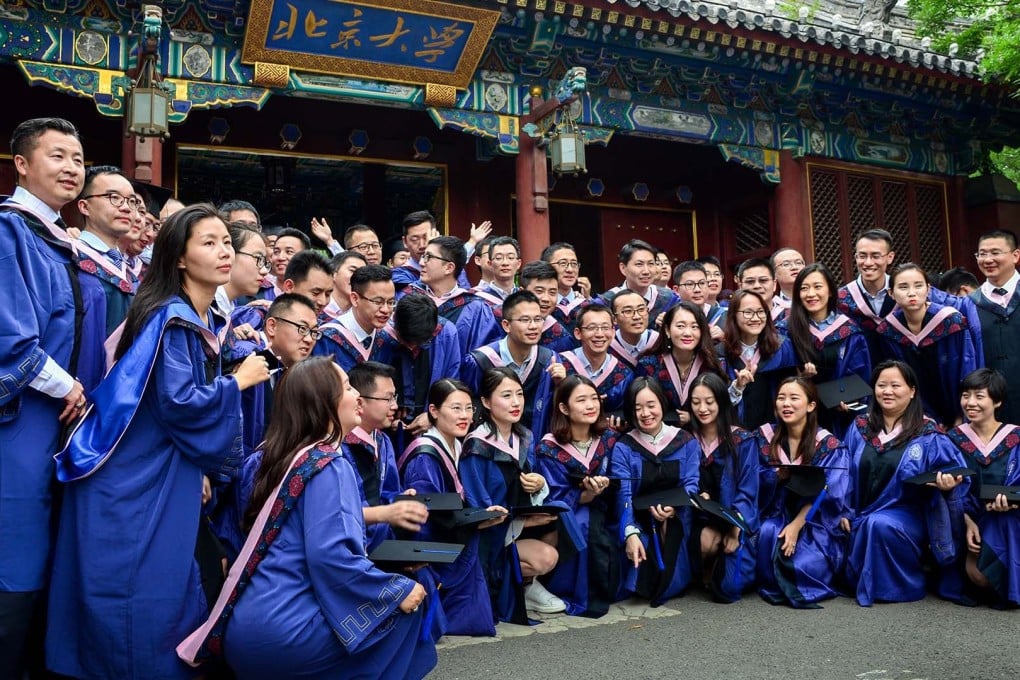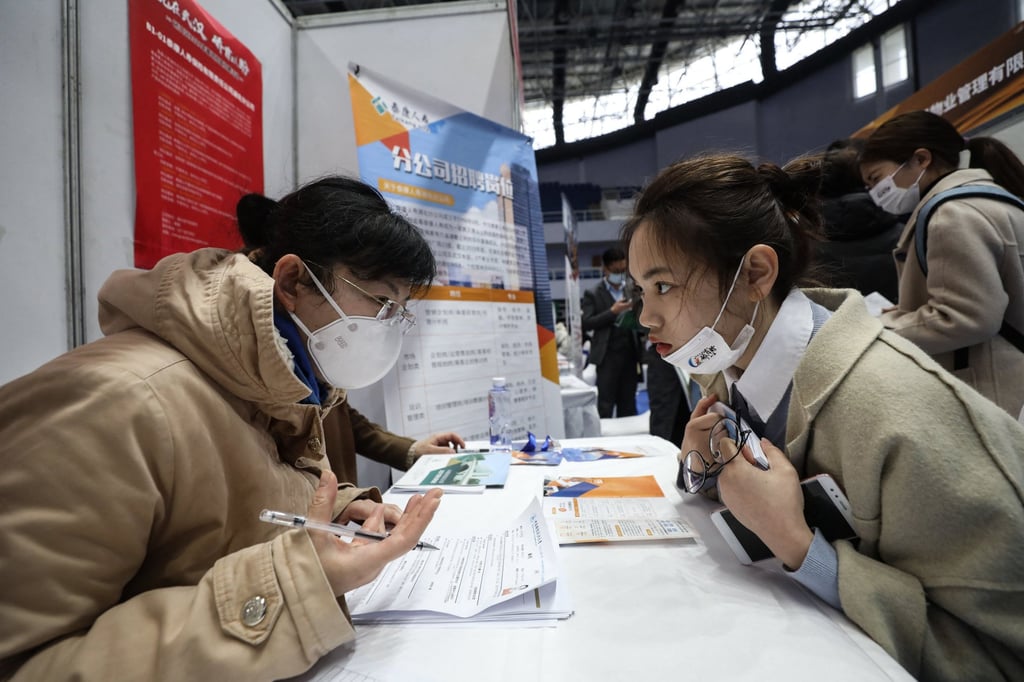China’s coronavirus lockdowns and slowing economy pushing job-hungry graduates overseas as poor students get left behind
- China’s youth unemployment rate was at 18.2 per cent for those aged between 16 and 24 last month
- At the same time, a record 10.76 million college graduates are expected to enter the mainland Chinese job market this year

Just three months ago, Jin Jing saw her future career after graduating in either Hangzhou or Shanghai, the two major cities closest to her hometown.
Since she enrolled in a degree at Monash University in Melbourne, Australia in early 2020, she has been taking online classes because of coronavirus travel restrictions.
But as countries have recently begun opening up again to travellers she has decided to leave China for Australia to finish her studies and seek work there.
“I actually never thought of working abroad until recently. Considering the situation now, I prefer having a try in Australia,” said the 21-year-old.

She was referring to the large-scale lockdowns affecting many parts of China and the tough job market as the country battles its worst Covid-19 wave since the Wuhan outbreak in 2019.